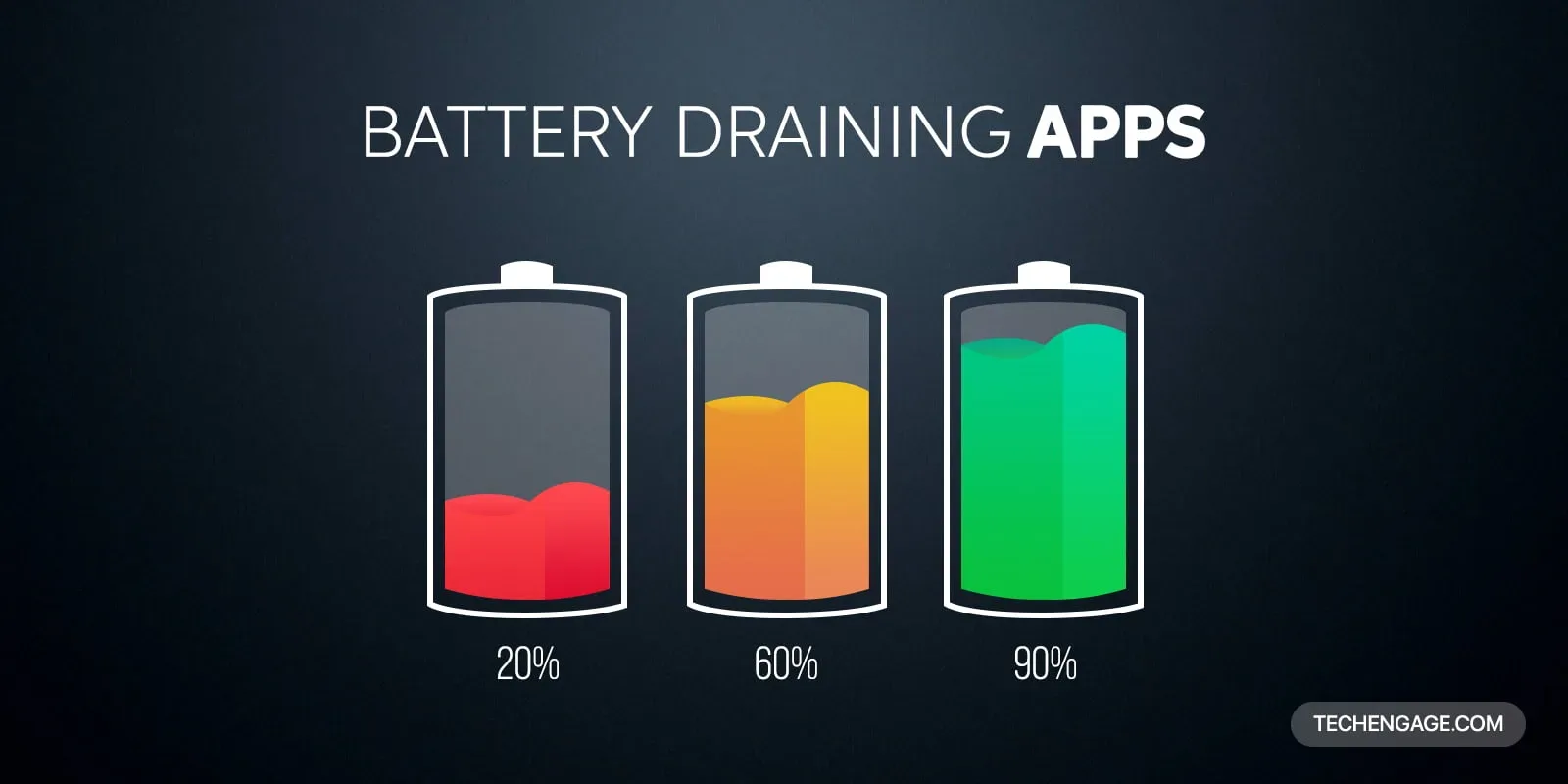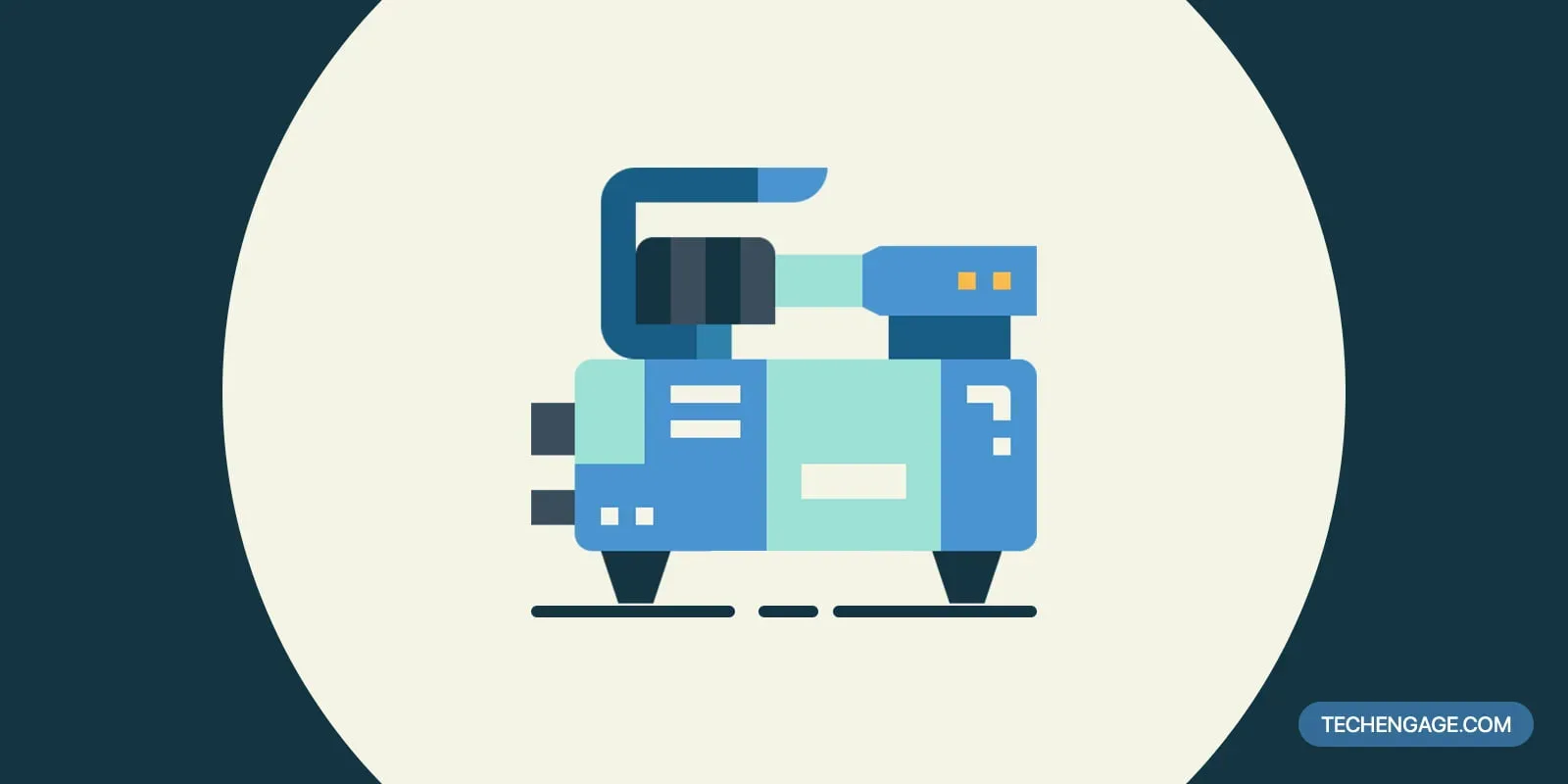The use of data in healthcare can make information readily available and save billions of dollars in healthcare. According to this Prolifics research, data is essential for a better understanding of a patient’s condition and can lead to a more accurate diagnosis with the use of FHIR.
However, while there are many benefits to using technology to improve health, including healthcare data management, there are also some challenges that come with it. If you want to get a firm grasp of this topic, you need to understand both the importance and the challenges of healthcare data management.
The importance of data management in healthcare
There’s no denying that data analytics is very important in healthcare, but what some people don’t realize is that you can’t just produce these analytics from already-existing data. How good your data analytics turns out to be is directly reflected in the quality of the data you insert.
Data is actually scattered across many sources. Some examples of where you can find medical data include:
- Clinical and claims systems
- HR and financial applications
- Electronic health records
- Third-party sources
Additionally, this data is usually formatted differently in each of these sources, which is inconvenient for healthcare organizations that need to locate all of this data and format it appropriately. To make it usable, it needs to pass through aggregation, standardization, and enrichment.
Once the data has been collected and aggregated, experts need to check if it’s consistent, accurate, and complete. All of this takes too much time, effort, and money, and that’s why a unified integration platform is a perfect solution.
The platform will perform all of these necessary tasks and then present it through intuitive views. The aftermath will be healthcare informatics professionals who are much more productive and are able to provide better patient care that’s more insightful and has better outcomes.
A good IT strategy can have a big part in developing superior care management programs that won’t have any gaps and can improve coordination across providers.
The challenges of healthcare data management

Unfortunately, the healthcare industry needs to be ready to face some challenges before it can fully take advantage of healthcare data management. There are two main challenges you need to be prepared for, but there are also ways you can handle them.
Reducing costs while improving care
Unless all clinical data is properly collected and managed, healthcare data management is going to be an impossible feat. While this is a hard accomplishment to achieve, it can be achieved by following these practices:
- Risk assessment. For the quality of healthcare to be improved while the costs are lowered, the focus needs to be on high-risk patients. More specifically, identifying and classifying them should be a priority.
- Timely prediction. As long as healthcare providers correctly assess the data they have, they will be able to make predictions about which individuals are high-risk and are likely to develop chronic conditions. This way, doctors can prevent serious diseases before they even occur.
- Calculating the risk score. When doctors use all available clinical data, they will be able to assign risk scores quickly and accurately to all of their patients. When a person’s risk score is known, it’s possible to make more educated intervention decisions.
Improving Operational Efficiency
When you measure the amount of input against the corresponding outcome, you will get operation efficiency as a result. To put it more simply, operation efficiency is the quality and quantity of a certain product someone can produce with all of their efforts and available materials.
To improve operational efficiency in the medical field, healthcare providers need to find a way to reduce their input while still increasing the number of the product and its quality. There are four different ways this can be achieved, and it’s best to incorporate all four.
Reducing supply chain costs
Every healthcare facility has extremely high supply chain costs, and this represents one of their most significant costs. If they want to improve operational efficiency, they need to reduce these costs as much as possible. Luckily, healthcare data analytics tools can help with that.
Many tools that are based on healthcare data can monitor the supply chain costs and then use statistical data to make proactive decisions. These tools can help healthcare facilities perform calibrated actions and utilize their ordering patterns.
Predicting patterns of patient flow
It’s extremely difficult to anticipate what kind of patient flow a healthcare facility will receive. Some days, these facilities see only a few patients, and healthcare workers have very little to do. Other times, there are simply too many patients to handle.
However, with proper healthcare data management, it will be possible to improve the utilization rates of these facilities and remove the guesswork from predicting patient flows. This way, healthcare workers will be able to organize their time more efficiently.
Controlling who can access certain data
Even though sharing patient data between healthcare workers is a common occurrence, it also has some inherent risks. When patient information is exchanged from one person to another, it’s possible that it will fall into the wrong hands without the patient’s consent and be used illegally.
With data security and protection in place, this won’t be an issue. By using certain analytics tools, healthcare providers will be able to evaluate real-time risks for every transaction and then act accordingly based on risk assessment results.
If the analytics tool decides there is no risk, the data system will be able to give access safely. If it finds any risks, it will block the access and ask the person for additional authentication.
Reducing the number of no-shows
Every healthcare worker has experienced a number of no-show patients in their career. This practice actually has a grave impact on the bottom line of healthcare facilities.
Analytics tools can help healthcare workers identify patients who are most likely to miss their appointments and plan out their workdays around that. If a certain patient is likely to be a no-show, their doctor can prepare to use the time for that appointment to complete a different activity.
Final thoughts
Data management represents a bright future for healthcare, one where doctors can do their jobs easily and more efficiently while patients receive better care than before. It’s easy to see that healthcare data management isn’t only important, it’s practically necessary.
While every healthcare facility will have to overcome some challenges along the way, as long as they know how to handle those challenges, there shouldn’t be any issues. Even though it all seems overwhelming now, when healthcare data management takes over, the whole industry will be better for it.



